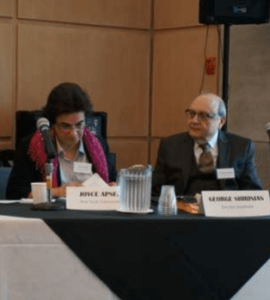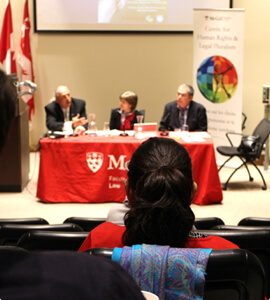Our Work
The Zoryan Institute serves the cause of scholarship and public awareness relating to issues of universal human rights, genocide, and diaspora-homeland relations.
Here are some of our key ongoing initiatives.
Genocide & Human Rights University Program
Oral History & Archiving
Dialogue For Reconciliation
Breakthrough Projects
Conferences
Genocide & Human Rights University Program
A world renowned course in comparative genocide and human rights studies taught by the leading experts in the field.
“The GHRUP is a learning model creating dialogues about history and reconciliation as well as forming a community and network of committed, informed citizens and scholars worldwide.” – Joyce Apsel
“I’ve never learned so much in such a short period of time, and, more importantly, been so motivated to action by what I’ve learned.” – GHRUP Graduate
Breakthrough Projects
The Permanent People’s Tribunal
French Law on Criminalizing Genocide Denial and Zoryan Institute’s Opposition
CMHR – Canadian Museum of Human Rights
ECHR – European Court for Human Rights
Մշտական ժողովրդական տրիբունալը
Ֆրանսիայի օրենքը ցեղասպանության ժխտումը քրեականացնող և Զորյան ինստիտուտին հակազդելու մասին
CMHR-Կանադայի Մարդու իրավունքների թանգարան
ՄԻԵԴ-Մարդու իրավունքների եվրոպական դատարան
“State Oppression, Violence against Minorities, and the Possibilities for Remedial Secession and Independence”
German Bundestag Recognises The Armenian Genocide
Creation of The Common Body of Knowledge
Turkish Language Publications
Զորյանի ինստիտուտն առանցքային դեր է խաղացել Փերինչեքն ընդդեմ Շվեյցարիայի գործում, որը տեղի է ունեցել Ստրասբուրգի Մարդու իրավունքների եվրոպական դատարանում, Ֆրանսիա:
Գերմանիայի Բունդեսթագը ճանաչել է Հայոց ցեղասպանությունը
Ստեղծել ընդհանուր գիտելիքների տախտակամած
Հրապարակումներ թուրքերեն լեզվով
Dialogue For Reconciliation
The Zoryan Institute, through its ongoing research and publications in the field of universal human rights, aims to add to the pool of resources and educational materials that help create dialogue between people in conflict. To date the Institute has focused on the following:
Indigenous Peoples of Canada - Truth and Reconciliation Commission of Canada
As a Canadian institute devoted to the study of preventing the devastating recurrence of genocide, The Zoryan Institute raises awareness to help ensure that past injustices do not further divide Canadians. Examining the abuses against Canada’s Indigenous population through legal, political, cultural and social perspectives, the Zoryan Institute aims to advance the dialogue for reconciliation.
The Truth and Reconciliation Commission’s official report, acknowledges that:
Without truth, justice, and healing, there can be no genuine reconciliation. Reconciliation is not about “closing a sad chapter of Canada’s past,” but about opening new healing pathways of reconciliation that are forged in truth and justice.
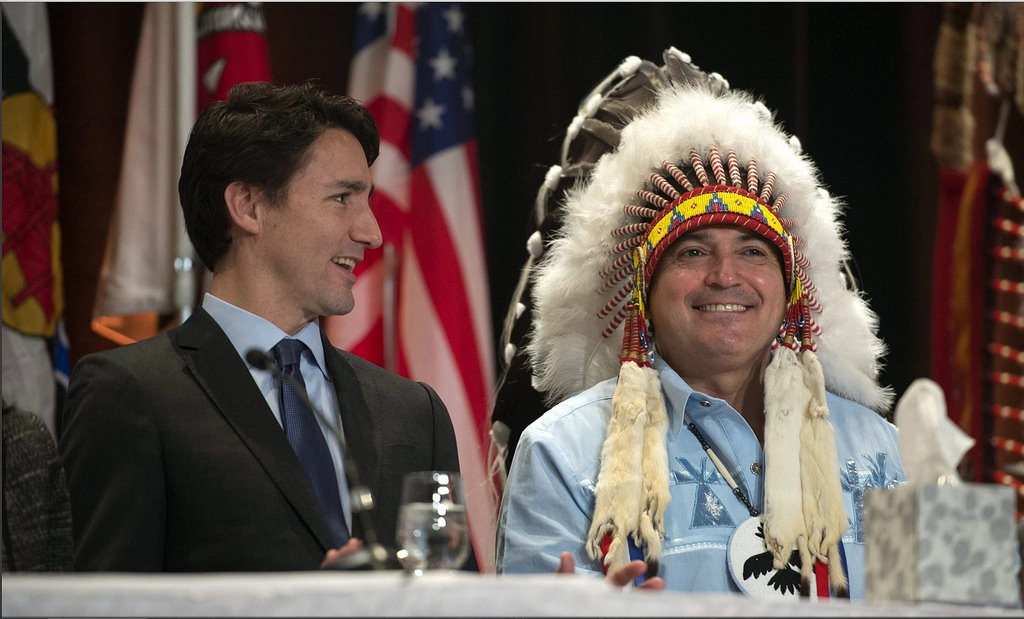
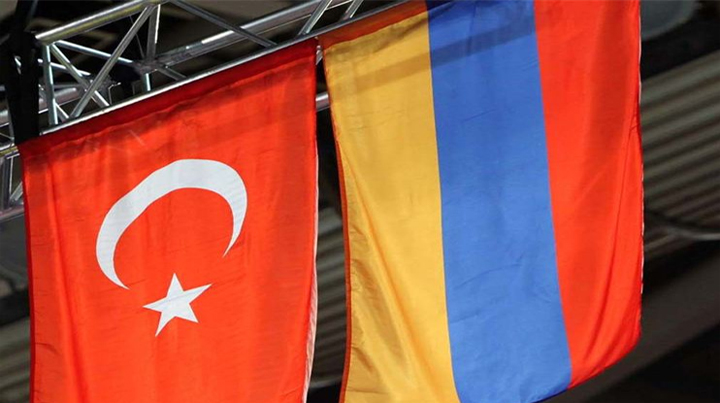
Turkish - Armenian Dialogue
The Armenian Genocide, despite all of the evidence and documentation in various languages, including Turkish, has yet to be recognized by the Turkish government. In 2016 the German Bundestag also acknowledged and affirmed Germany’s participation and complicity in Ottoman Turkey’s crime of Genocide against Armenians and Christian populations in Anatolia. However, Turkey continues to deny the incontestability of the facts surrounding the Armenian Genocide and Ottoman Turkey’s role in it.
This denial of the historic facts has resulted in over a century of tension between Armenians and Turks. The Zoryan Institute aims to reconcile this difference by developing a historiography of the period through the Common Body of Knowledge, including a series of initiatives from conferences, classes, publications and open letters to encourage dialogue.
Oral History & Archiving
The Zoryan Institute houses a large quantity of reference and archival material, including monographs, periodicals, microfilm, photographs, memoirs, personal correspondence, official documents, etc.
Oral History
The Armenian Oral History Collection is one of Zoryan Institute’s earliest and most transformative projects. It began in 1983 when it became evident that time was running out for the generation of Armenians who had firsthand accounts of the genocide. This project is comprised of a collection videos tapes containing carefully prepared oral history interviews with over 800 survivors of the Armenian Genocide, making it the largest collection to date. The interviews elicit invaluable details about the genocide as well as the life of the Armenian people before the Genocide.
Launched in November 2016, the Syrian-Armenian Refugee Oral History Project offers new generations the opportunity to understand, interpret, and make history relevant through intimate recollections of Armenian culture told by those on the front lines of war and displacement. This collection serves to define, provoke, and reconstruct the Armenian culture, memory, and dialogue in the 21st century.
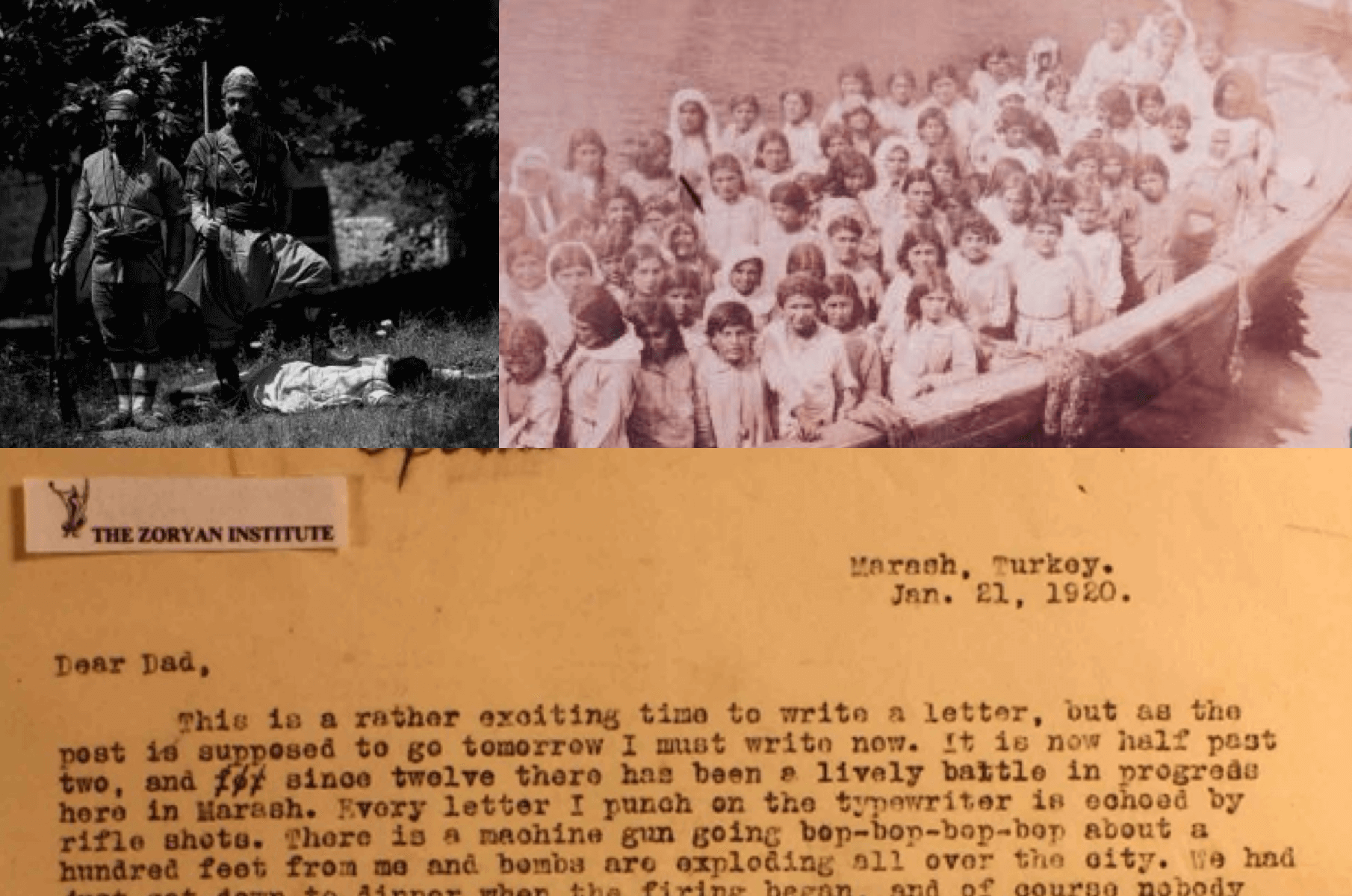
Archiving
The Institute holds a large quantity of reference and archival material, including monographs, periodicals, microfilm, photographs, memoirs, personal correspondence, official documents, and oral histories.
Conferences
Our annual conferences aim to enhance public understanding and influence public opinion and policy-makers regarding current social and political issues. The Zoryan Institute strives to provide new perspectives on vital issues, using the highest academic standards, while highlighting contested questions, and encouraging new paths towards ideas, sources and understanding. We present our themes in comparative and interdisciplinary modes and the speakers come from a wide range of disciplines with many different perspectives and expertise. These include historians, social scientists, legal theorists, policymakers, and journalists.


